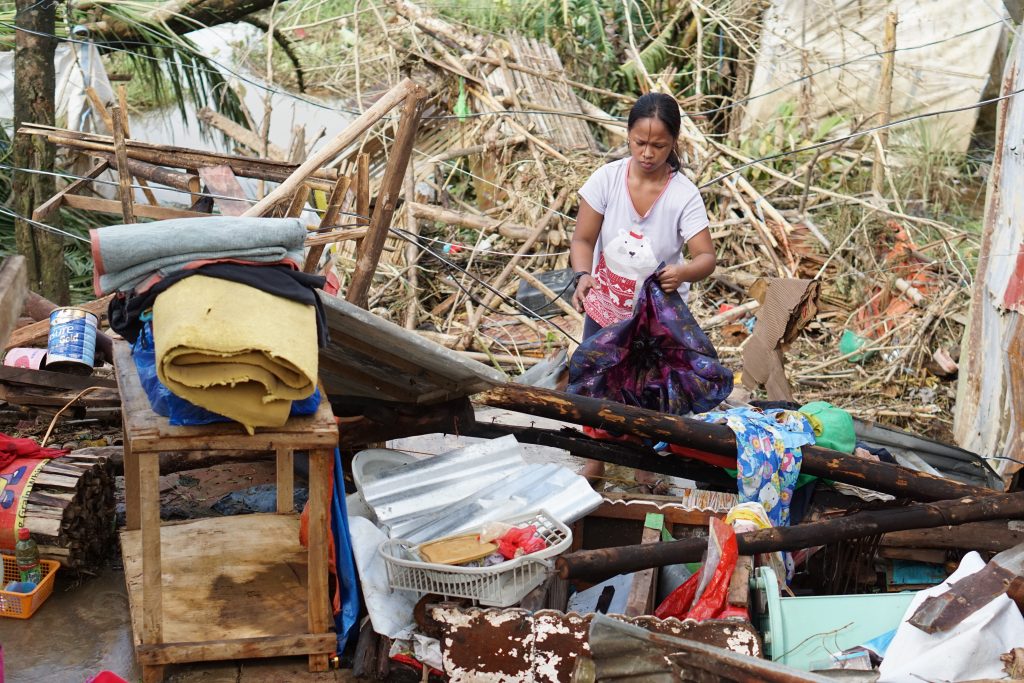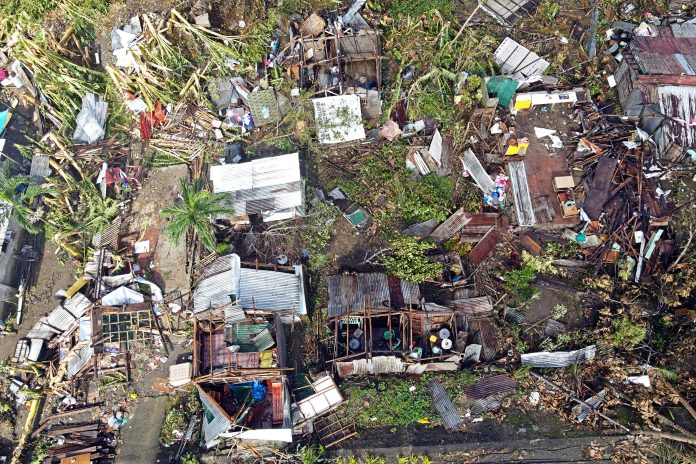The social action arm of the Catholic Church in the Philippines called on government and non-government aid providers “to fairly distribute” relief assistance to all typhoon-affected areas, especially underserved and remote communities.
Father Antonio Labiao, executive secretary of Caritas Philippines, said humanitarian actors “must carefully implement the distribution of aid so that no one will be left behind.”
“We had that experience after the devastation of super typhoon Haiyan in 2013. Some communities – those that are too far to reach – were left unattended and unserved,” said the priest.
Father Labiao said Caritas Philippines is mapping the areas to be served, adding that the social action network will prioritize communities that receive less attention from the government and other aid providers.
As of December 20, at least 375 people have been reported killed following the devastation of super typhoon Odette (international name: Rai), which made nine landfalls in the Philippines from December 16 to 17.
About 500 people have been injured and 56 individuals are still missing while at least 452,307 families or 1,805,005 individuals have been affected in 33 provinces in the central and southern Philippines.
More than 438,000 people or 109,914 families are still staying in 2,481 evacuation centers after the typhoon totally destroyed 20,102 houses and partially damaged 34,681 houses.

In a statement issued on December 20, Oxfam Pilipinas called for urgent dissemination of aid including shelter kits and repair materials to far-flung and remote communities.
“Besides the loss of shelter and livelihood due to the typhoon, residents also have to worry about the risks of COVID-19 in evacuation centers,” said Lot Felizco, country director of Oxfam Pilipinas.
She said the sooner the distribution of assistance is done, “the safer it will be for our [fellow Filipinos].”
She said the national government, private sector, and non-government organizations should work together for “a quicker and more efficient” relief and recovery process.
“It is also important to ensure the dignity of typhoon survivors. They should not be made to beg for aid,” she said.
Gustavo Gonzalez, UN Resident Coordinator and Humanitarian Coordinator in the Philippines, said the UN humanitarian team is coordinating with the Philippine government “to ensure we provide timely support and are fully mobilized in addressing critical gaps and the needs of the most vulnerable.”
“A coordinated response by the UN agencies, NGOs, and private sector partners in the country is already underway to meet immediate needs in shelter, health, food, protection, and other life-saving responses,” he said.









